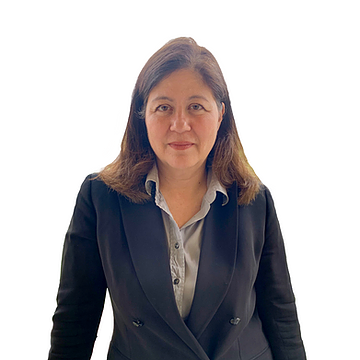Cassandra’s career in film, television and theatre has spanned more than 30 years. As a casting director, she has worked on projects for Netflix, Sky, Twentieth Century Fox, ARD/Degeto, Gaumont, Barefoot Films, Wildside, Letterbox, Lieblingsfilm, Big Window, and Cattleya and for illustrious directors such as Terrence Malick, James Mangold, Giuseppe Tornatore, Dror Zahavi, Til Schweiger, and Stefan Ruzowitsky. She is a founding member of Women in Film, Television and Media Italia and a member of the Casting Society of America (CSA) and the International Casting Directors Network (ICDN). She was a jury member for the 2021 European Shooting Stars and a voter for the International Emmy Awards.
This year you were on the jury for the Shooting Stars, as well as the International Screen Acting Workshop e-TALENTA scholarship. Tell us a little about what made you want to be a part of them.
For me, the most exciting part of casting is getting to know actors who are new to me. So whether it’s the Shooting Stars or this e-TALENTA scholarship for the International Screen Acting Workshop, it’s always a discovery, a different point of view — an exploration. That’s the fun part for me.
What was your first impression of this year’s ISAW submissions? And has that impression changed?
My first impression was that they were very strong. And that impression has definitely remained the same!
How did you get into casting?
I don’t think very many CDs wake up one morning and say to themselves, “Gee, I’m going to be a casting director” … we tend to just kind of fall into the profession. I was working for a Broadway producer way back in the early 1990s and they had a show with a lot of national tours and licenses that needed continuous casting. So I started helping out with that, which led to a first feature film. I cast background and day players on location for that. The main CDs were Sheila Jaffe and Georgianne Walken — who would later do really ground-breaking casting on “The Sopranos”.
I started assisting them, and then I was off to the races!
Did casting influence your decision to move to Europe?
Actually it was the other way around. Leaving casting and my whole theatre and film world there was the hardest thing about moving to Europe. But I fell in love, and for some reason believed that I couldn’t work in Europe when I first moved. And then luckily I figured out that I could work here — surprise! And in many ways it’s been better for me here.
Is there a difference between doing casting in the US and in Europe?
Yes! Huge differences. That’s a very long conversation, but many differences (especially in development casting) stem from the two different systems of financing: equity capital in the States and public funding bodies in Europe.
It’s like night and day. And then even within Europe, there are different approaches, assumptions and methodologies from country to country.
I tend to do a lot of crossing markets, which isn’t that usual in Europe either — so I probably notice the differences more than most of my colleagues do.
How do you choose which projects to take on?
Castability. If I don’t think that actors are going to want to come onto the project, for whatever reason — be it a mediocre script or lack of financial structure or maybe a director that doesn’t have a body of work yet — then I’ll focus my energy elsewhere. Sometimes a project isn’t to my personal taste and then actors and agents absolutely love it. And other times I fall in love with a script but it’s kind of hard to sell. So I try to step back and assess whether it’s something that worth really struggling to cast. And sometimes it is worth it, even if it’s very challenging.
And finally, what would you like the actors and actresses reading this interview to know?
It’s a marathon, not a sprint. The actors who make it are in for the long haul, and in it for the right reasons. I’ve seen NY actors struggling for 20 years before they finally break out. But they also loved the getting there, so they didn’t feel like those years were at all “wasted” … you have to love the process. That’s absolutely crucial.



























